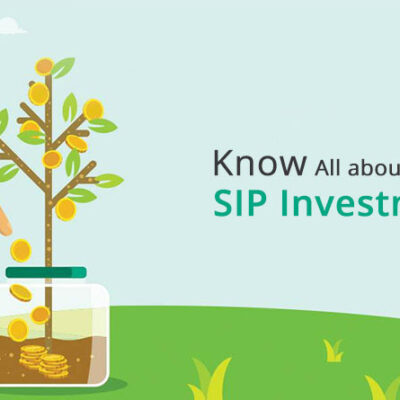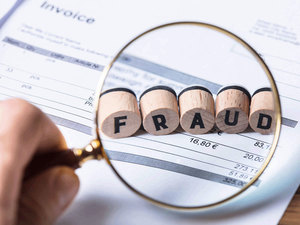The taxation of services between distinct persons in the GST framework has been a subject of uncertainty, sparking debates and discussions. This lack of clarity led to varying interpretations and viewpoints on how to tax such services. In a bid to achieve uniformity in the implementation of the law, the 50th GST Council Meeting held in July 2023 proposed to provide clarity through a circular on scenarios related to the taxability of services between distinct persons. The outcome of this meeting was Circular No. 199/11/2023-GST, issued on 17th July 2023, with the sole purpose of safeguarding the best interests of taxpayers.
The circular categorizes services into two groups: common input services procured from a third party and other internally generated services where the head office provides services to its branch offices.
Regarding common input services procured by the head office from a third party, which can be attributed to both the head office and branch offices or exclusively to one or more branch offices, the head office has the option to distribute Input Tax Credit (ITC) using the Input Service Distributor (ISD) mechanism as laid down in Section 20 of the CGST Act and rule 39 of the Central Goods and Services Tax Rules, 2017. However, the present provisions of the CGST Act and Rules do not mandate the head office to distribute such input tax credit through the ISD mechanism. Alternatively, the head office can issue tax invoices under Section 31 of the CGST Act, 2017, to the respective branch offices for common input services procured from a third party by the head office but attributable to the said branch office. The head office can then avail ITC on the same, subject to the provisions of Sections 16 and 17 of the CGST Act.
In the context of distributing ITC for common input services procured from a third party through the ISD mechanism, it is crucial that the input services are attributable to the concerned branch office or have indeed been provided to it. Likewise, for the head office to issue tax invoices under Section 31 of the CGST Act to the relevant branch office for any input services procured by the head office from a third party on behalf of a branch office, it must be established that the said services have actually been provided to the concerned branch office.
The value of supply of services made by a registered person to a distinct person concerning internally generated services is to be determined as per rule 28 of the CGST Rules, read with sub-section (4) of Section 15 of the CGST Act. As per clause (a) of rule 28, the value of supply of goods or services or both between distinct persons shall be the open market value of such supply.
Regarding internally generated services provided by the head office to branch offices, the cost of salary of employees at the head office involved in providing the said services to the branch offices is not mandatorily required to be included when computing the taxable value of the supply of such services, irrespective of whether full input tax credit is available to the concerned branch office or not.
The circular emphasizes that while the ISD mechanism is not mandatory for distributing ITC of common input services procured from third parties to distinct persons, the GST law will be amended to make the ISD mechanism obligatory for such distribution in the future.
Key takeaways:
- For services procured from a third party, the head office has the option to distribute ITC either through the ISD mechanism or the cross charge approach.
- ITC distribution is permissible only when input services are attributable to or provided to the concerned branch office.
- The head office needs to obtain GST registration as an Input Service Distributor for using the ISD mechanism.
- For internally generated services, the value declared on the invoice is considered the open market value, or nil value if no invoice is raised, regardless of whether the recipient is eligible for full ITC or not.
- It is likely that the ISD mechanism may be made mandatory in the future.
Circular No. 199/11/2023-GST dated the 17th of July 2023 provides much-needed clarity on the taxability of services between distinct persons. This enables businesses to make informed decisions on whether to utilize the ISD mechanism or cross charge approach for ITC distribution. Moreover, understanding potential future changes is essential for GST compliance and planning.
(Source – Taxguru and Other Online Sites related to GST Update)








